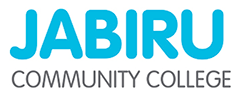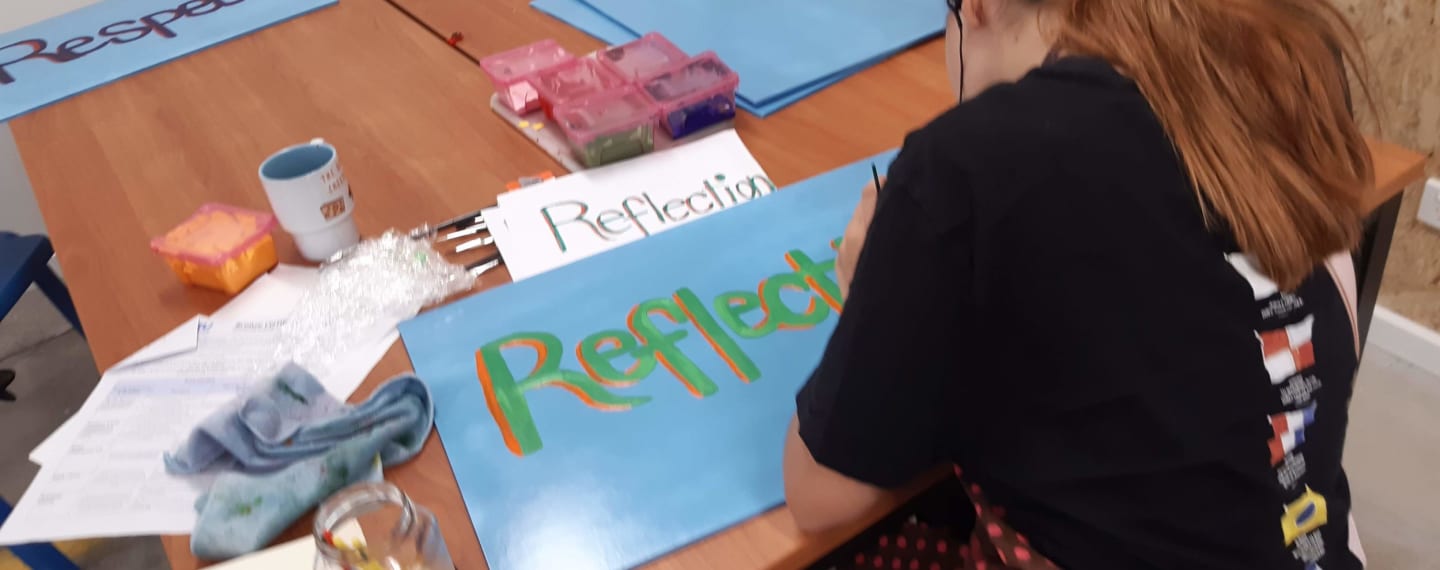The five R’s are the college principles that all community members work within to help create a safe and creative space. They are also a set of ideas that can help people navigate the world in a way that supports non-violence. Below are some ideas on how we use the 5 R’s in college.
Relationships
- We start with each young person and where they are at. We build a bridge to them, finding out what is important to them, what their hopes and dreams are.
- We support them to connect to others, we are not the only connection in their lives. These others are located in and outside of our learning community.
- We find out what the barriers are to their hopes and dreams and support them to work out ways to get around these barriers.
- We help to strengthen young people’s preferred stories of their lives. We are cautious of promoting or thickening deficit stories.
- We work together as a team, drawing on our rich diversity of experiences, knowledge and understandings.
As workers we are able to work both within a team and contribute autonomously to the college vision. We develop, maintain and build upon linkages with key stakeholders. We see part of our work is creating connections and bridges between others.
Rights
- We work with young people and are clear about the power that we hold. Sometimes we assert power to promote the rights of everyone to feel safe. When we support young people we are conscious of how we might influence the decisions young people make.
- We recognise that everyone’s lives are multi-storied. We work to strengthen young people’s preferred stories of themselves and their lives, even when these stories are very hard to see. Sometimes we may carry the preferred story when a young person can’t see it.
- We look for alternatives and moments of significance in young people’s day to day interactions.
- We celebrate diversity and work to ensure everyone feels safe.
- We understand that it takes time and practice to master something. That learning is an ongoing process which happens in relationship with others, it’s a social process.
As workers we hold social justice values and are committed to listening to the diversity of experience of the young people and workers of the community, including those who identify as Aboriginal or Torres Strait Islander, those who come from culturally and linguistically diverse backgrounds and those who have a diversity of gender and or sexual identities.
Respect
- We recognise that we gather and live on Aboriginal land. We recognise and respect the ongoing connection to country that Aboriginal and Torres Strait Islander people have. We believe that reconciliation requires all of us to work together.
- We recognise the privileged position we hold, being privy to young people’s lives and never talk about their stories for entertainment or to belittle.
- We see failure as something to not be afraid of. We support young people to see failure as an opportunity and not something to be avoided.
- We understand that listening to understand is a powerful way to show respect for someone.
As workers we are committed to working with young people in proactive, safe and intentional ways. We place their right to develop skills and capacities as central to our work and as a framework to guide our everyday decisions.
Responsibilities
- We support young people to take responsibility for their actions. We separate the person from the problem and help the young person learn from difficult times.
- We are committed to learning from our own difficulties and we recognise that we are models for ways to be in the world.We are responsible for our own learning and growth.
- We share our passions with young people so they can find out about other possibilities they may not be aware of. We carry our enthusiasm for these things lightly.
- We find a balance between offering learning opportunities and supporting young people to develop their own learning interest projects.
- We understand it is our responsibility to create and hold a safe space for everyone.
- We recognise that through reflection we can come to understand our own needs and take responsibility for meeting them so we can be intentional and present in our work.
As workers we hold a knowledge of and commitment to building and working from the four practice influences of social constructionism, community development, the liberating power of collective learning and transdisciplinary approaches.
Reflection
- We are continually reflecting on our practice together and individually. We recognize that there is no formula, no one size fits all.
- We acknowledge that there are learning opportunities everywhere.
- We use reflection to consider where they are and how we can better utilise these, including constantly reflecting on what is the most useful thing we can do with our time, given our resources and mission.
- We reflect together as a staff team, individually with an external supervisor and in small working groups as required.
JCC workers agree to:
- Attend and participate in team reflections and meetings including:
- two hour group supervision sessions held twice a term;
- team meetings which occur twice a week;
- short morning meetings of all staff for fifteen minutes held each day;
- Whole team professional development / training activities which are held regularly.
- Participate in two sessions, each term (8 sessions total a year) of external Professional Supervision with an agreed to, suitably experienced and qualified person, with this professional service funded by the College.
- Internal Professional Supervision with one of the College Co-Principals once a term or more if required.
As workers, we are willing to grow and develop as a person, as a professional and in our roles. We demonstrate a firm commitment to reflective practice to support both personal & professional development.

